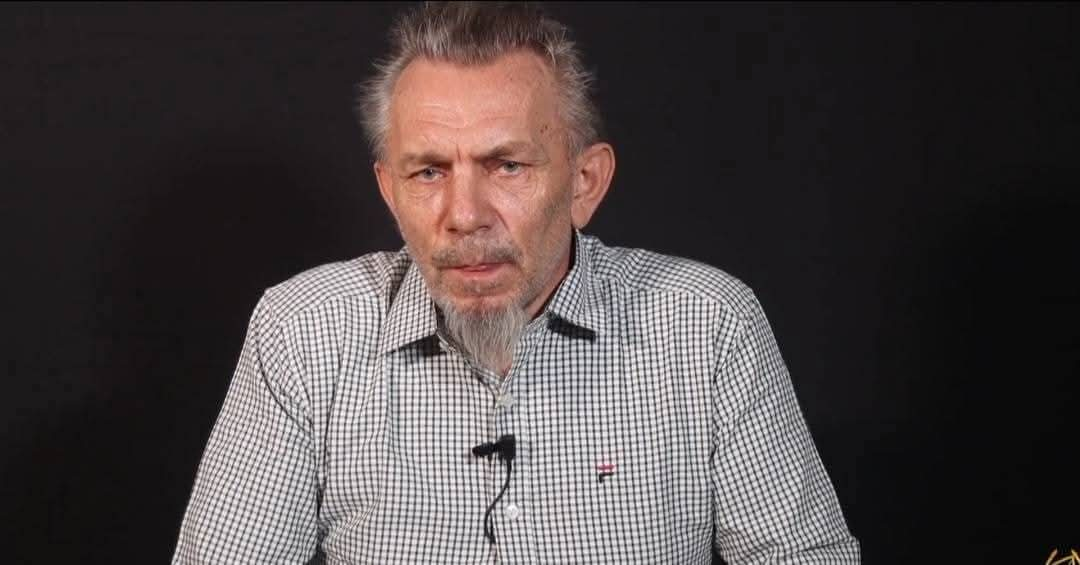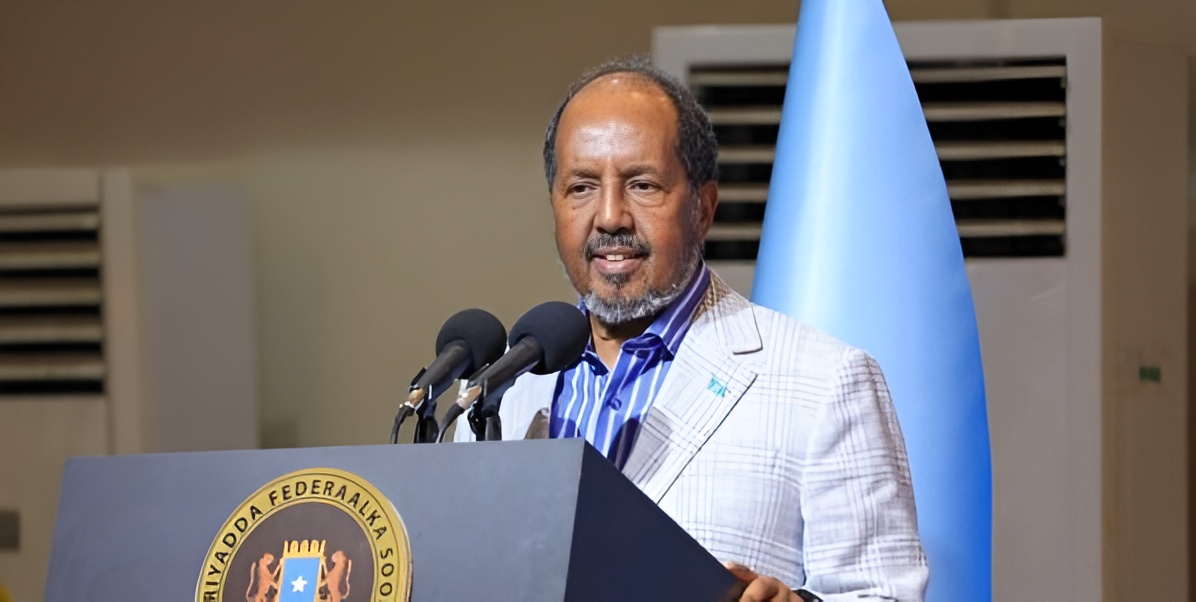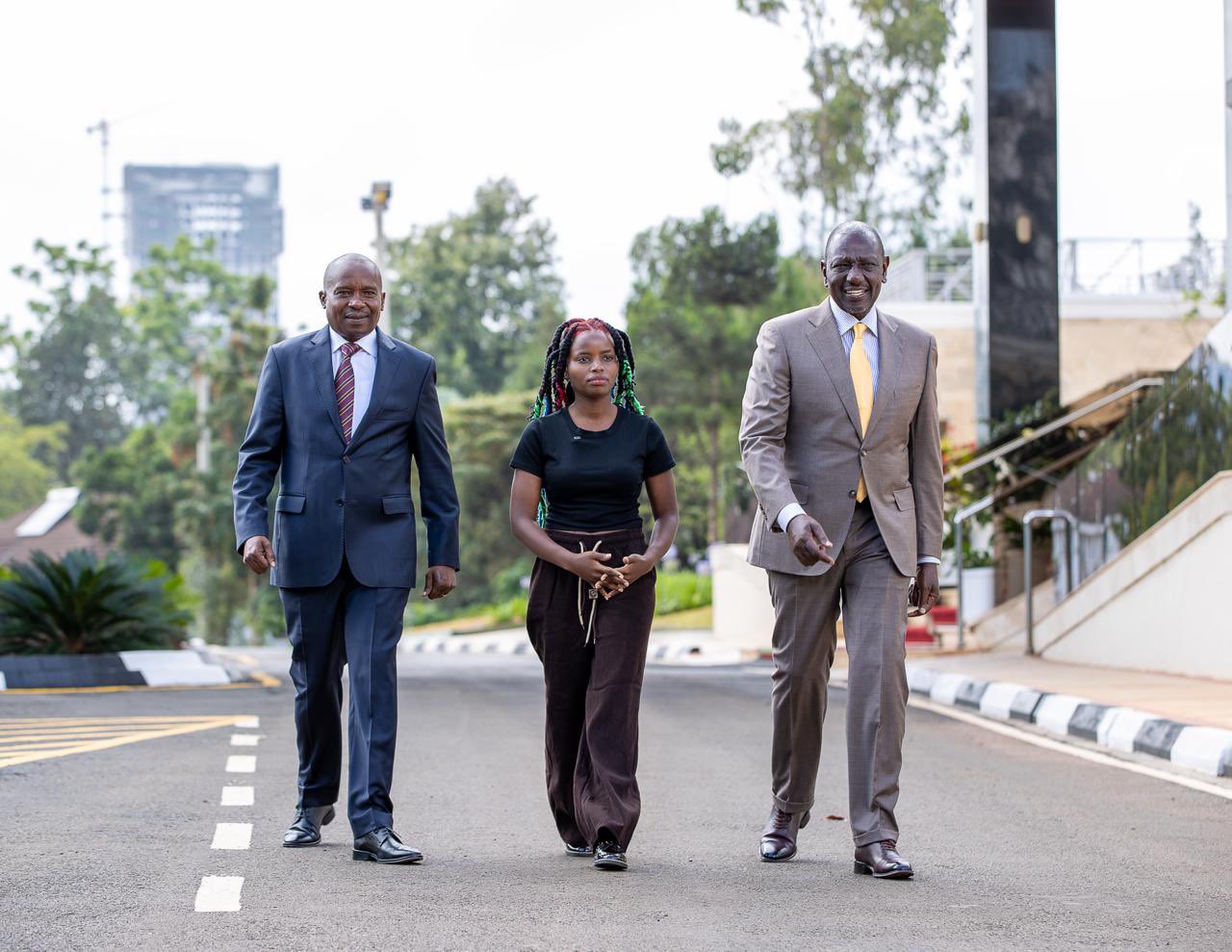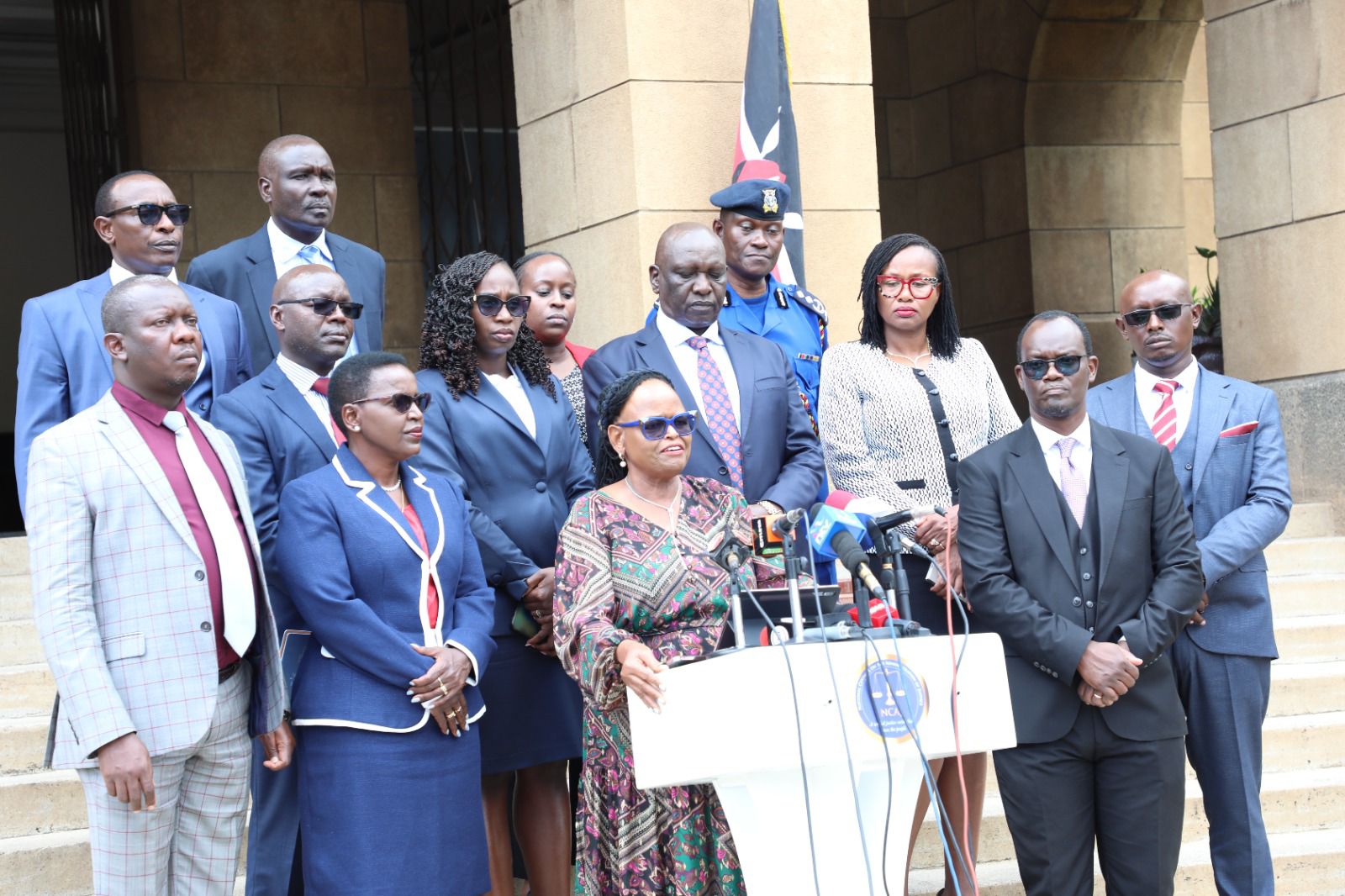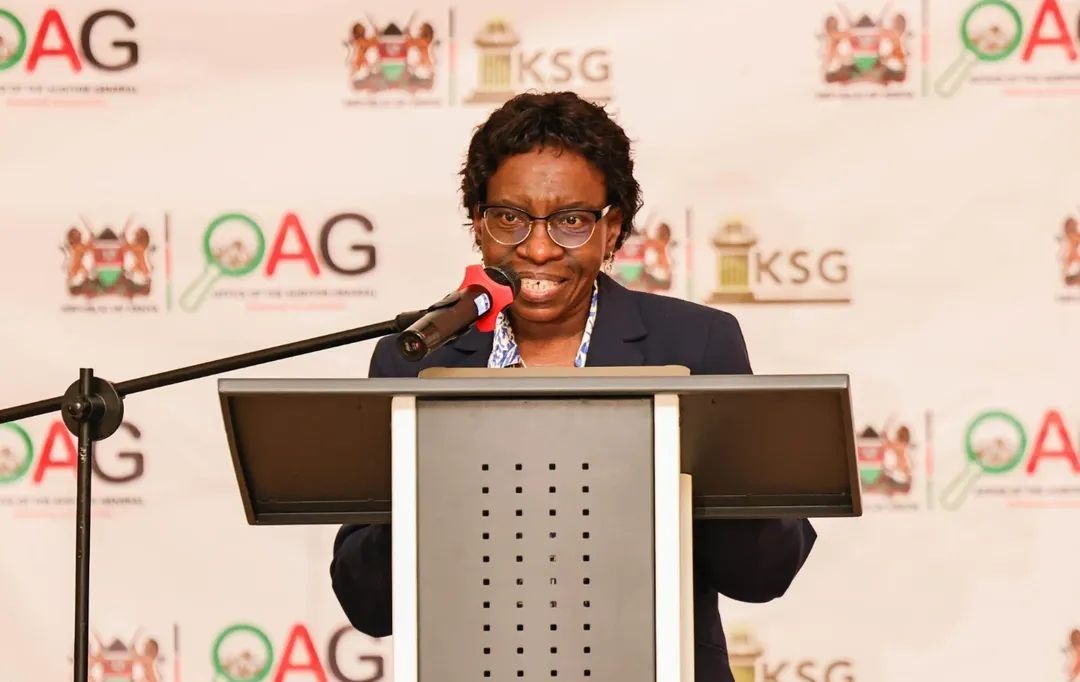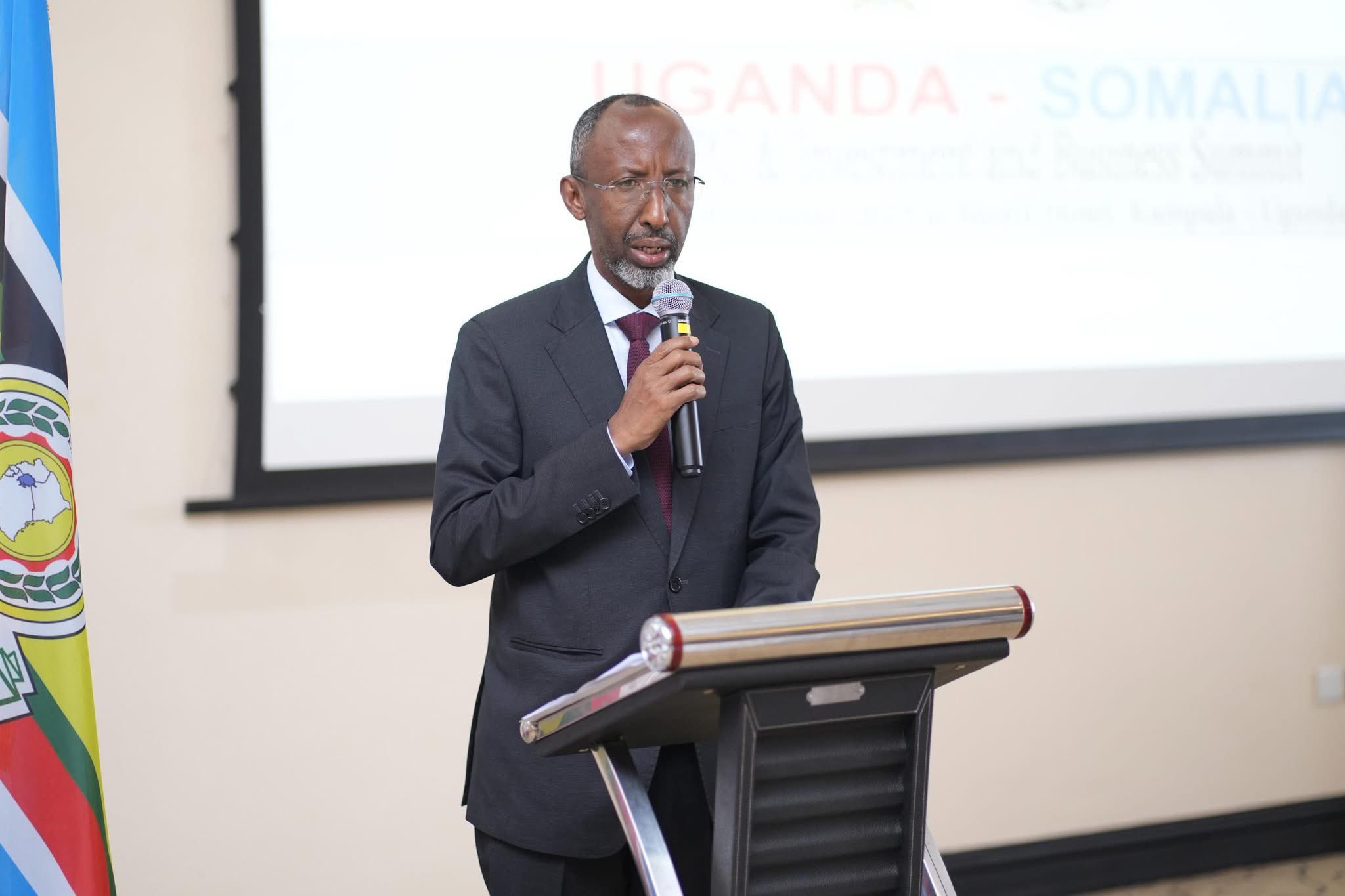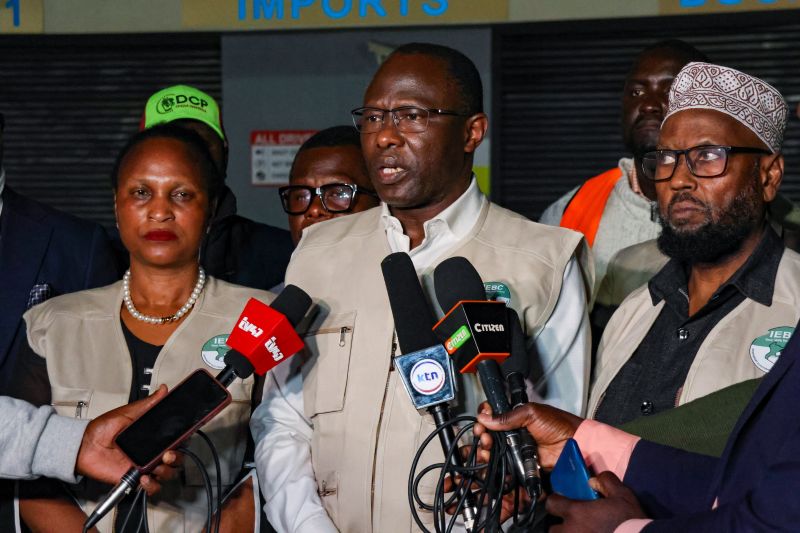Somalia yet to begin talks with Al-Shabaab, sets conditions for that to happen
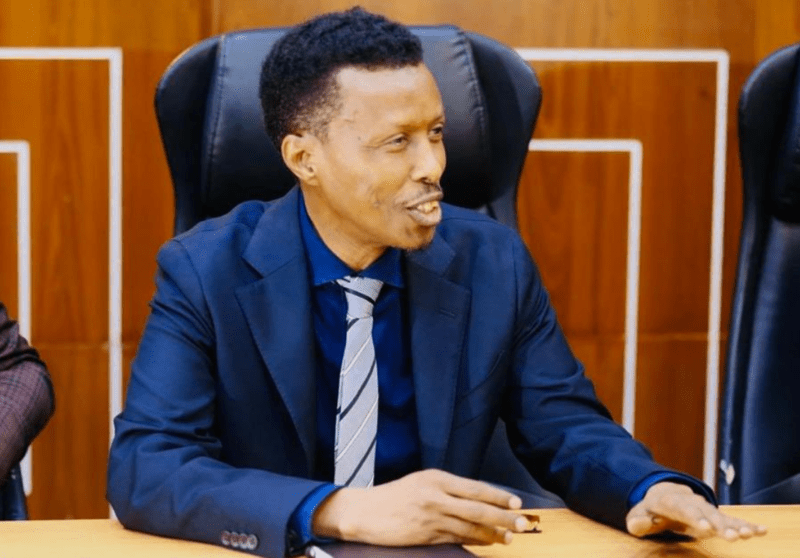
In a post on X, Hussein said the government had put in place conditions that the terror group must adhere to before any talks can begin.
Somalia National Security Advisor Hussein Sheikh Ali has dismissed claims that the Federal Government (FGS) has kicked off talks with the Al-Shabaab militia, as promised by President Hassan Sheikh Mohamud in efforts to complement the ongoing kinetic operations against the terror group.
In a post on X, Hussein said the government had put in place conditions that the terror group must adhere to before any talks can begin.
More To Read
- UN Security Council extends sanctions oversight on Al-Shabaab
- 868 Al-Shabaab militants killed since February - Somali Defence Ministry
- Kenya and UK celebrate gains against violent extremism at Ethiopia and Somalia borders
- Al-Shabaab founding member killed in Somali airstrike amid ongoing military offensive
- Egypt inches closer to troop deployment in Somalia amid regional tension
- Somali Army warns against misuse of uniforms following Al-Shabaab attack
"FGS is not in talks with Al shabaab (Al-Khawarji). The president has put forward clear conditions for this eventuality. They must sever any link with Global terror groups and accept Somalia's territorial integrity. They must be willing to pursue their political agenda peacefully," he explained.
Last month, Somalia President Hassan reiterated that his country should negotiate with Al-Shabaab terrorists instead of pursuing a military-only strategy against them.
At the Oslo Forum 2024 in Norway, President Hassan expressed his willingness to engage in dialogue with the rebels.
Participants at the forum reflected on peace efforts amid escalating conflict and geopolitical polarisation, under the theme "Mediation Against All Odds."
"We believe the end game with Al-Shabaab is through negotiation. When is when they're ready. The Somali government is ready, yesterday, the day before yesterday," said the Somali leader, whose country has bounced back to the United Nations Security Council after decades of being on the agenda of the global security body.
"We are looking forward to them being ready for that, and when they're ready, we will negotiate," he added.
"That negotiation might take some time but at least it will create a newer.... (inaudible)... but Al-Shabaab, as of now, as we sit in Oslo, we don't have that indication from them," he said.
He urged the group to change its behaviour and embrace mediation for lasting peace in the conflict-ridden East African Community (EAC) member state.
"Al-Shabaab needs to change their behaviour, and whoever can convince them to change their behaviour, I think they have to take that action," said President Hassan.
This is not the first time the Somali leader has shown a willingness to engage the militia that have maimed and killed innocent citizens in Somalia and neighbouring countries.
Last year, President Hassan stated that the Mogadishu government would only negotiate with Al-Shabaab after the group was militarily defeated.
However, Al-Shabaab, he said, cannot be defeated by military force alone and that the government had adopted a multi-pronged strategy, including military, religious, and economic measures.
He added that the government was further ready to provide an opportunity for young Somalis fighting for Al-Shabaab to return to their country and live peacefully.
The call for dialogue coincides with the expected full withdrawal of the African Union Transition Mission in Somalia (ATMIS) which is expected to be completed by December this year after which a final regional mission will be engaged to fill the gaps left and prevent a reverse of the gains made after the ATMIS troops.
Top Stories Today
